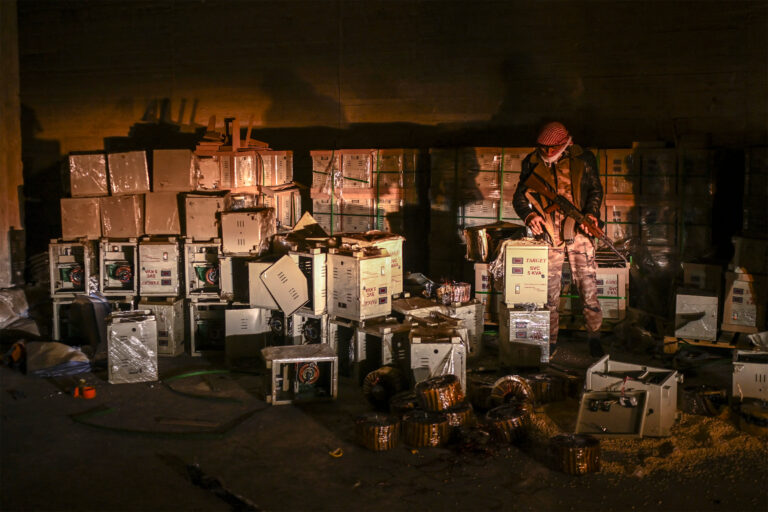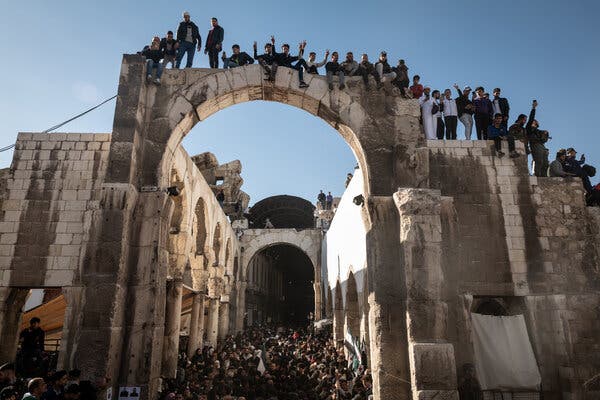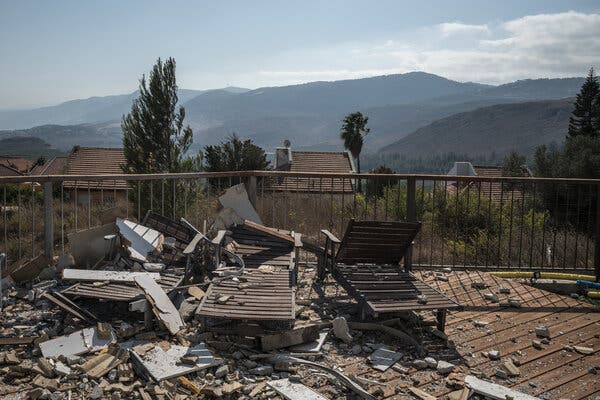The Hamas-led attacks that day shattered Israelis’ faith in the state, and the year of war that followed has deepened society’s divisions. Yet many find hope in the people’s resilience.

Like other Israeli civilians, Geffen Yamin and Eyar Liv Halabi, project managers at Tel Aviv startups, rushed to fill gaps in the government’s initially paralyzed response when thousands of gunmen from Gaza poured over the border on Oct. 7.
The military struggled to mobilize. Reserve soldiers called up on emergency orders that day had no way to get to their stations, because public transportation was suspended for the Sabbath and a Jewish holiday. So Ms. Yamin, 28, and Ms. Halabi, 22, began networking via WhatsApp groups to find volunteer drivers.
Now, a year later, they are among many Israelis still seeking answers about why the government had appeared so absent, a breakdown that shattered a widely held belief that it would always be there to protect them.
Up and down the country, Israelis say they feel abandoned by the state after the deadliest day for Jews since the Holocaust, with about 1,200 people slaughtered in the Hamas-led assault. There is much talk of a yawning disconnect between the people and the government.
“We saw that things weren’t functioning,” Ms. Halabi testified recently before an unofficial civilian commission examining the failures. It was created at the request of bereaved families, as the government has so far rejected calls to open a formal and independent investigation.



